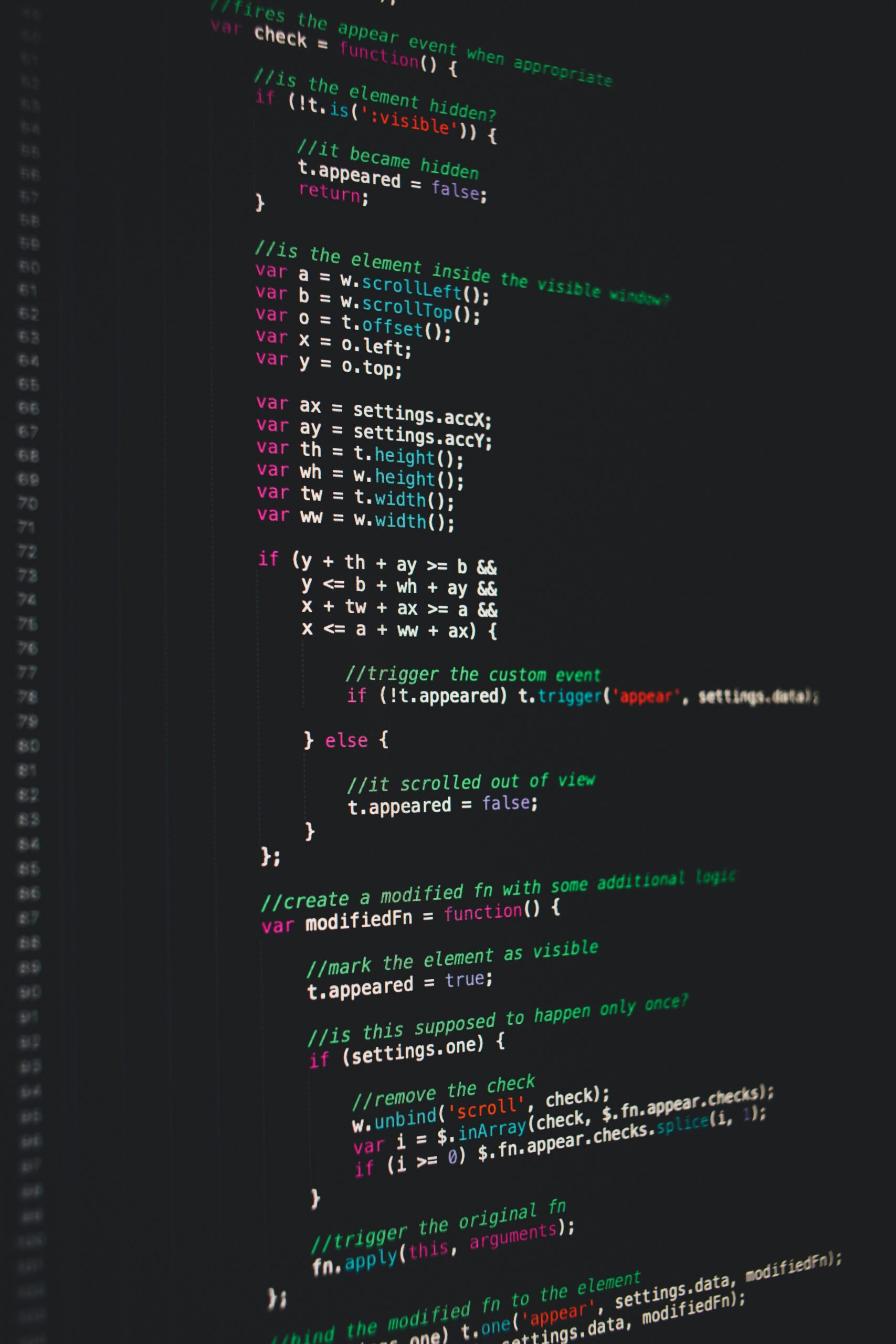
Do humanities matter in a world of AI?
There’s growing evidence that government’s view on the skills required to address Britain’s productivity shortfall, and young people’s concerns about committing themselves to student debt, are driving more university applicants away from “humanities” and towards STEM subjects (Science, technology, engineering and mathematics).
And the trend is taking place at A-level too. The number of students taking A-levels in English subjects (language and literature) has declined by a fifth since 2015. Geography, history, philosophical and religious studies are all down. Languages are falling sharply.
Will this trend equip either young people, or the economy, for the challenges of the future?
Perhaps our experience at OC&C may be instructive. We don’t have a one-dimensional view of the ideal new joiner. Indeed, a diverse and holistic approach is needed to ensure our teams can solve problems and help our clients make good decisions. A dichotomy between science and the arts is not helpful.
We want the classicist who is capable of deep data analytics. We want the physicist who intuits how to build consensus with clients. Indeed, we don’t find that stereotypes (e.g., scientists are nerdy and artists are flighty) are of any relevance in determining personality traits or individual’s capabilities.
So we don’t look at subject matter at all when recruiting. We hire for talent and train for skill, as I believe most employers do. We test for critical thinking, the ability to unravel complexity, and to persuade and interact. But nevertheless I asked for the analysis to be run, and of the approximately 100 people we recruited last year 60 per cent had non-STEM degrees, roughly in line with the overall university mix.
Turning to the broader economy, there is no doubt that we need deeper programming skills to stay competitive in a world of machine learning, robotics and automation. But many technical roles are likely to be swept away by AI. Computers are less likely to displace human abilities in creative problem-solving, design or innovation.
The companies which succeed will be technologically adept, but may find their advantage lies in their social purpose, or their ethics, or their human understanding. We need scientists and engineers to build the AI, but we may need artists, historians, philosophers or psychologists to control it and turn it towards the good of humankind.
In any case, it is extraordinarily difficult to predict what skills will be needed by the time today’s A-level students graduate into the jobs market. The Higher Education Statistics Authority found that only 24% of those taking full-time STEM degrees ended up in a STEM-related occupation within six months (although this may increase over time). Lifelong learning will become far more important, to acquire new skills as they become relevant and to maintain fulfilment during longer working lives. That is why I would say, to any sixteen year old or university applicant, choose a subject which excites and interests you. Opportunities will surely follow.
Contatti chiave

Michael Jary
Senior Advisor



